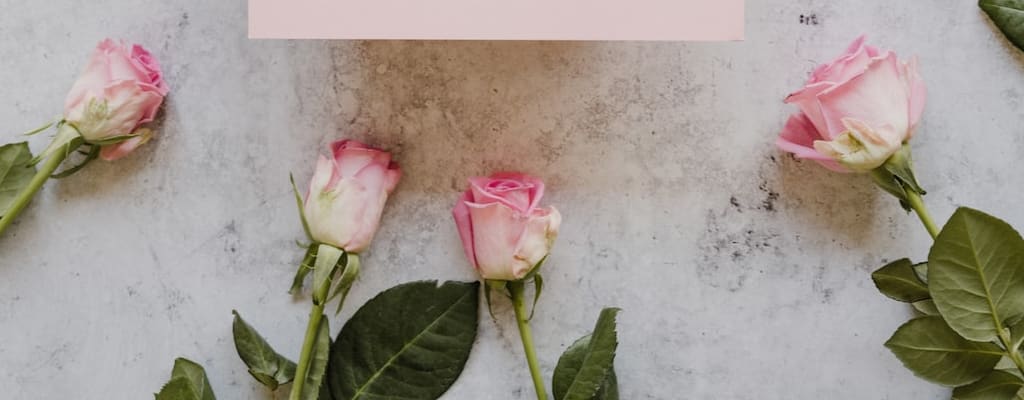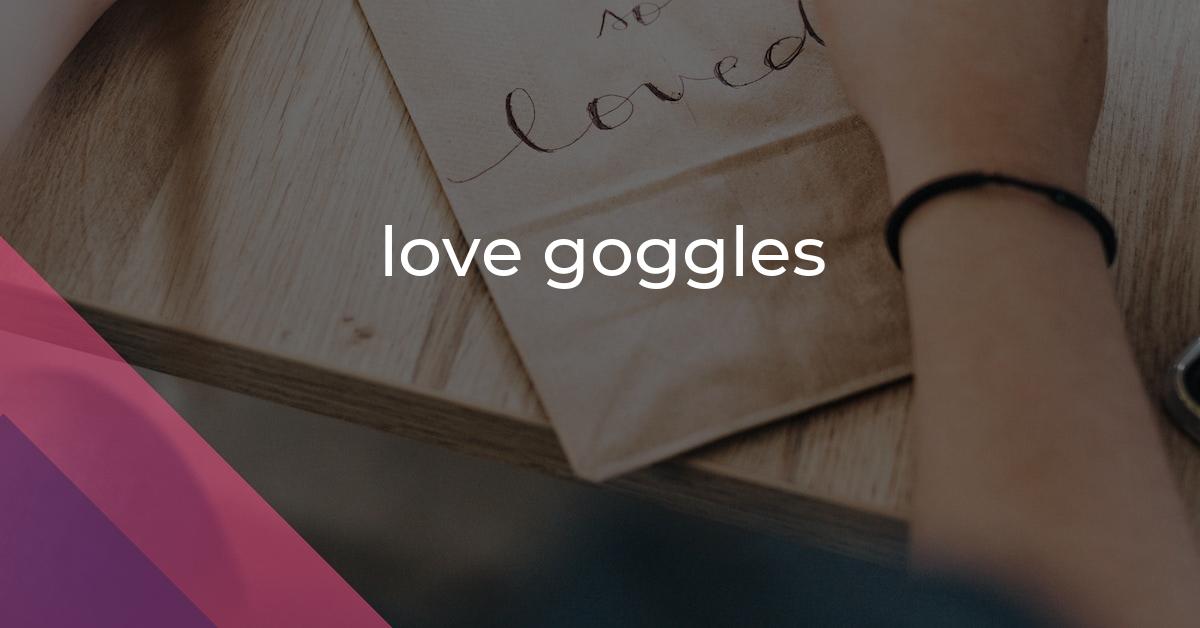love goggles: Idiom Meaning and Origin
What does ‘love goggles’ mean?
The idiom "love goggles" refers to the perception of someone being viewed through a lens of love, which can skew one's judgment or ability to see their faults clearly.

Idiom Explorer
The idiom "rose-colored glasses" refers to a positive and optimistic perspective or viewpoint.
The idiom "out of sight, out of mind" means that when something or someone is not visible or present, people tend to forget about it or them.
The idiom "open someone's eyes" means to make someone aware or understand something they were previously unaware of.
The idiom "on the outside, looking in" means to be excluded or feel excluded from a group or activity, typically observing it from a distance and feeling a sense of isolation or being left out.
The idiom "one's heart in one's mouth" means to be extremely anxious or fearful.
The idiom "one in the eye for" means to achieve victory or satisfaction over someone by delivering a blow or setback to them, often as a form of revenge or to prove oneself superior.
The idiom "old fogey" refers to a person, usually older, who is seen as old-fashioned, traditional, and resistant to change or new ideas.
The idiom "old-fashioned look" refers to a traditional or outdated appearance or style that is reminiscent of the past. It implies a lack of modernity or contemporary relevance.
The idiom "no love lost" means that there is a strong dislike or animosity between two people or groups.
The Illusion of Infatuation
The idiom "love goggles" refers to a metaphorical pair of goggles that someone supposedly wears when they are deeply infatuated or in love. It suggests that when someone is infatuated, they tend to overlook flaws, ignore red flags, and idealize their partner, creating a distorted view of the relationship. This distorted perception can lead to biased decisions, unrealistically high expectations, and an inability to see the reality of the situation.
The origin of the idiom "love goggles" is not clear. It is believed to have emerged in the late 20th century, possibly as a playful variation of the more commonly known phrase "beer goggles," which refers to the distorted perception of attractiveness that occurs under the influence of alcohol.
Despite its metaphorical nature, "love goggles" captures a universal experience that many people can relate to. It acknowledges the powerful influence that love can have on our emotions, thoughts, and actions, often blinding us to the flaws and imperfections of our loved ones. The idiom also highlights the importance of maintaining objectivity and critical thinking in relationships, as well as the need to be aware of the potential pitfalls of idealization.
While the idiom "love goggles" primarily focuses on romantic love, its underlying concept can be applied to other types of relationships as well. It can be used to describe situations where people overlook negative aspects of a friendship, a familial bond, or even an obsession with a particular hobby or interest.
Similarly, the idiom "beer goggles" refers to the notion that when someone consumes alcohol, their perception of attractiveness is altered. In other words, they may view others as more physically appealing than they actually are. While "beer goggles" is often used in a humorous or lighthearted context, it serves as a cautionary reminder of the potential risks and consequences of impaired judgment.
The idiom "rose-colored glasses" is similar to "love goggles" in that it conveys the idea of seeing the world through a filter of idealism and positivity. When someone wears "rose-colored glasses," they tend to view situations, people, and experiences in an overly optimistic light. This idiom suggests a tendency to ignore or downplay negative aspects and focus solely on the positive. However, it is important to note that wearing "rose-colored glasses" can also lead to unrealistic expectations and a failure to acknowledge or address potential problems.
Another related phrase is "wear rose-colored glasses," which emphasizes the act of actively choosing to see things in a positive and idealistic way. When someone chooses to "wear rose-colored glasses," they are intentionally filtering out negativity and embracing an optimistic perspective. While this can be helpful in maintaining a positive outlook, it is crucial to strike a balance between optimism and realism to avoid falling into the trap of blind idealism.
Ultimately, the idiom "love goggles" serves as a reminder of the complexities of human emotions and the subjective nature of perception. It cautions against blindly accepting the idealized version of a person or relationship and encourages individuals to approach love with a critical eye. As with many idioms, "love goggles" invites further exploration and reflection, raising questions about the nature of love, the role of perception in relationships, and the balance between idealism and realism. It provides a glimpse into the often irrational and unpredictable realm of love, leaving room for personal interpretation and continued examination.
Example usage
Examples of how the idiom *love goggles* can be used in a sentence:
- She broke up with him once she took off her *love goggles* and realized how toxic their relationship was.
- Even though everyone could see his flaws, she couldn't because of her *love goggles*.
- He had his *love goggles* on when he decided to give up his job and move across the country for her.
More "Romance" idioms



